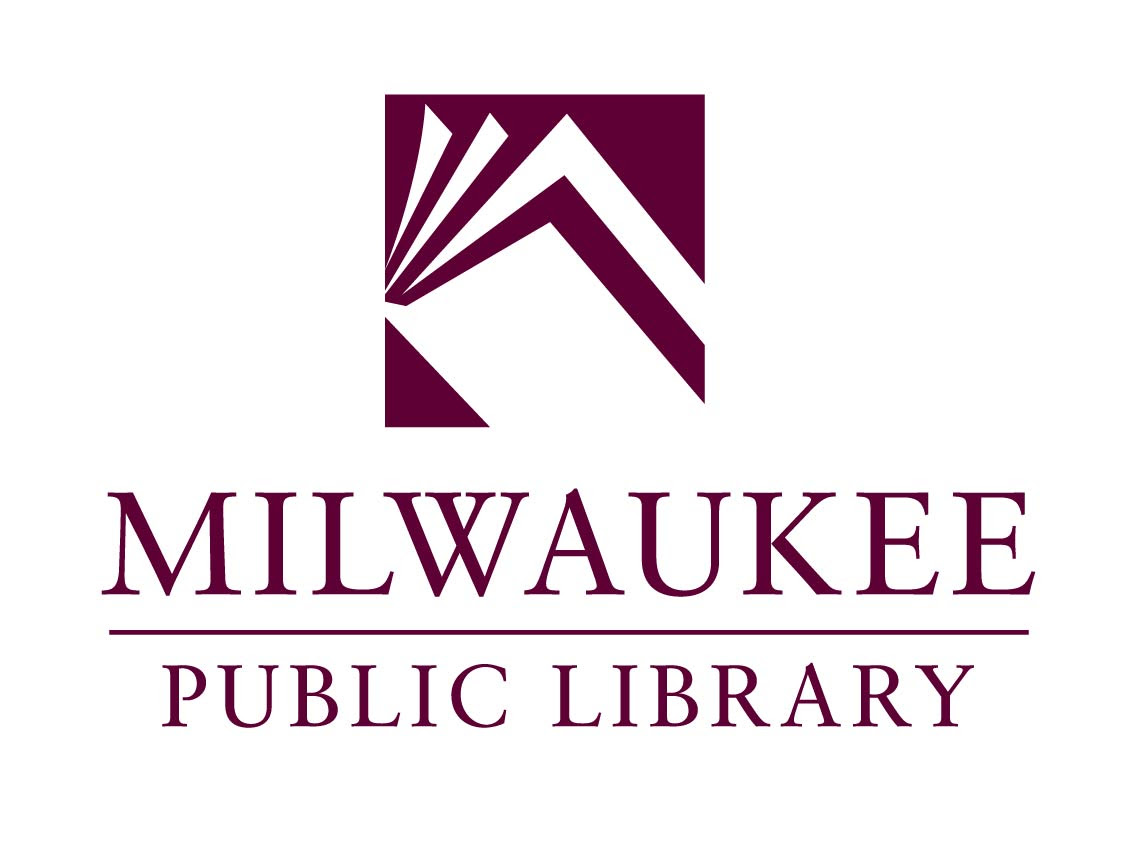POETRY IS FOR THE PEOPLE
Prompt Against Anxiety #26 | from Angela Trudell Vasquez. Angela is the 2020–22 Madison Poet Laureate and the author of In Light, Always Light (Finishing Line Press, 2019). With Wisconsin Poet Laureate Margaret Rozga, she edited the just-released anthology Through This Door: Wisconsin in Poems.
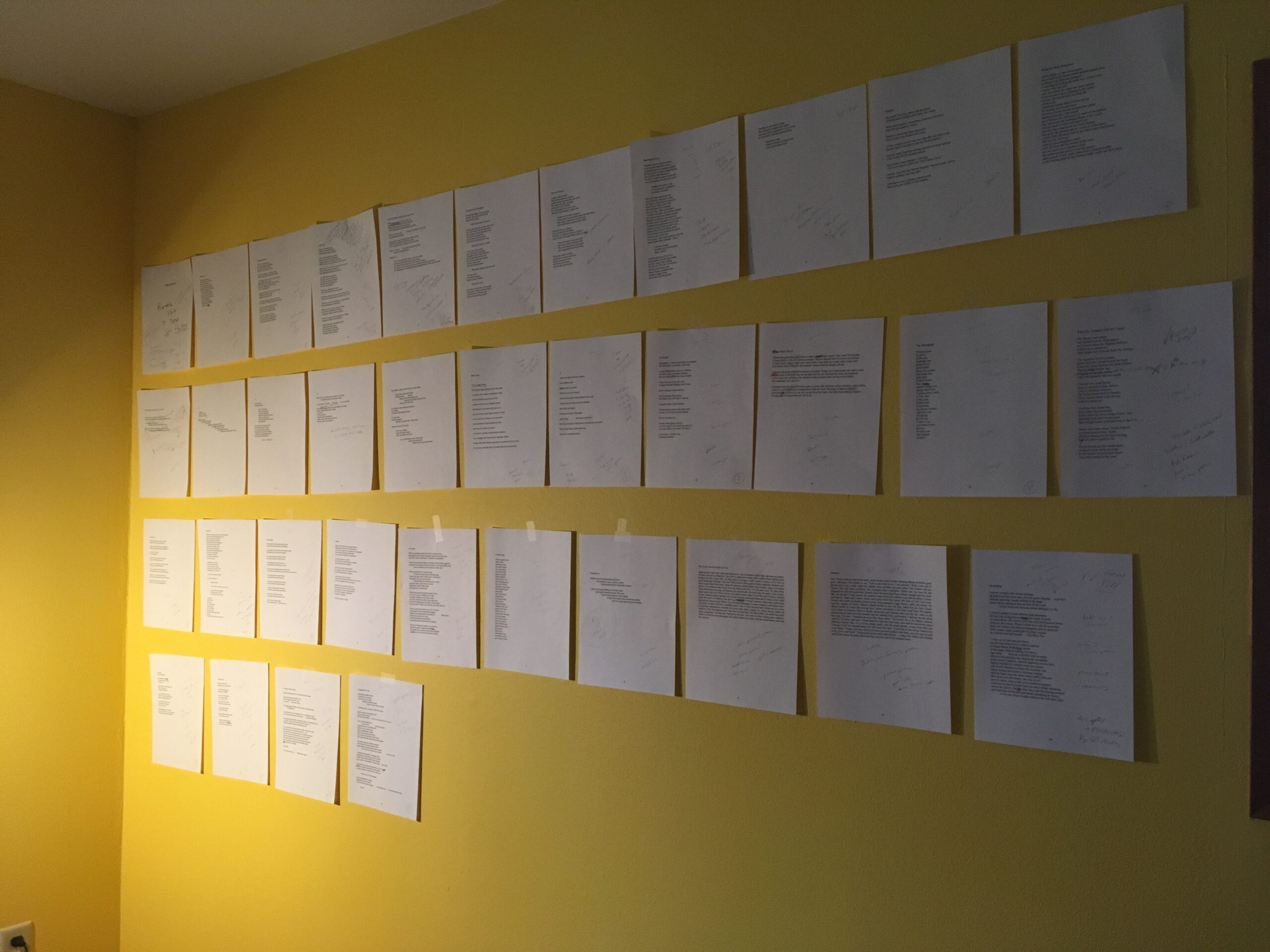
The author's manuscript on her studio walls in Madison, Wisconsin
I write this on the eve of the 2020 election. In 2016, the week following that year’s election, I taught a poetry workshop for the ACLU of Wisconsin’s Youth Social Justice Forum titled “Poetry, Politics, and Power.” Coming together during that time at the UW-Milwaukee Student Union was unforgettable. Tensions were high, and fear and anger were present among my students. It was my job to help them find a way out of that space and into one of empowerment through poetry. I drew on poets who had been where we were before: Joy Harjo, Carolyn Forché, Pablo Neruda, Langston Hughes, Eduardo Galeano, Victor Jara, Adrienne Rich, and others. We then wrote our own poems of resistance and renewal in response.
Turn on the news, and you may realize we need a new language for these times. Poets and poems have been and continue to be central to the global movement towards peace and justice—helping us not only to imagine but to build a better world, one word at a time, together. I therefore encourage you to read and examine poems that resist and renew, that give you hope and joy, and to explore works by poets from all over the globe, while also writing your own poems of witness.
The following prompt—an outline for initiating or reigniting your relationship to poetry—is informed by both the “Poetry, Power, and Politics” workshop, which I’ve continued to offer versions of since 2016, and my own writing practice.
The Prompt:
1. Read lots of poems and poets: My bookshelves are full of poetry books. I teach through the poems of others and usually provide a suggested reading list, which I update all the time. Currently on my list are: Maya Angelou, Jimmy Santiago Baca, Amiri Baraka, Wendell Berry, Sherwin Bitsui, Kimberly Blaeser, Gwendolyn Brooks, Brenda Cárdenas, Sandra Cisneros, Lorna Dee Cervantes, Lucille Clifton, Allison Adelle Hedge Coke, Natalie Diaz, Heid E. Erdrich, Martín Espada, Lawrence Ferlinghetti, Jennifer Foerster, Carolyn Forché, Santee Frazier, Ross Gay, Allen Ginsberg, Nikki Giovanni, Joy Harjo, Gil Scott Heron, Juan Felipe Herrera, Langston Hughes, Victor Jara, June Jordan, Joan Kane, Galway Kinnell, Stanley Kunitz, Denise Levertov, Federico García Lorca, Audre Lorde, Cherrie Moraga, Pablo Neruda, Margaret Noodin, Simon Ortiz, Adrienne Rich, Margaret Rozga, Warsan Shire, Layli Long Soldier, Gary Soto, Denise Sweet, Arthur Sze, John Trudell, Anne Waldman, Alice Walker, Orlando White, Saul Williams, and C.D. Wright.
Whenever you discover poets whose work you admire or feel has duende, find out who their influences are and read them too. Try to learn where they have published their work and discover new poets via presses and journals. One poem and poet invariably lead to another.
2. Establish a daily writing routine: Go to bed with a notepad and an ink pen. Upon waking, write at least one line before you leave the bed. Try not to rise. Record your dream, the last thing you remember. At the end of the week assemble the lines into a poem. Do this for a month and see what happens by the end of the month. Consider each week as a stanza, a room, then see if those stanzas can be revised into a cohesive poem. Harvest your words and dreams.
3. Make writing a corporeal act: For me, every poem starts in longhand before I bring it to the page, but when I get tangled up in a revision I return the poem to longhand to see where I went wrong. I also hang poems on my walls when I am in the process of editing them. When I worked on my last manuscript, I tacked the entire book on my study walls so I could discover its inner architecture.
4. Devote creative energy to revision: Type out and print anything of note from your notebooks, double-spacing your lines so that you can continue working in longhand between them. Edit for sound, alliteration, consonance, and assonance, and use those tools for emphasis. Count your stresses. Count your syllables. Check your meter. Are you doing something interesting without knowing it consciously? Ask yourself: Are the lines working for the content of the poem? Should they be longer or shorter? Think about the music you are creating, and read poems aloud to check for dead sounds. Are you using the same word more than once? Can you use some other word? Are you employing all your senses? Would the poem be better if the lines were reversed or shuffled around? Did you take the poem too far? If so, go back and write it out by hand to see if you can figure out where you went wrong. Now put it away for a few days and come back to it with fresh eyes and ears. When you do return to it, print it out and place it where you can see it. Walk by it now and then to see if it is really done.
5. Put yourself and your poems in the world: Go to a virtual open mic and try out your new poems. Poems often change when you read them in front of other people. (I do not consider poems truly complete until I have read them in public.) You should also consider publishing your poems, whether in print or online. If you publish online you can share poems more easily, but printed poems feel good in the hand. Network and meet other artists. Encourage others to write too. We all have our own stories and poems to share. Writing is healing and creates community, and poetry can speak across the ages.
Prompts Against Anxiety is sponsored by Milwaukee Public Library, an anchor institution that helps patrons read, learn, and connect—to our resources and our community. Now more than ever, stay connected, stay home, and stay safe.
More from this series
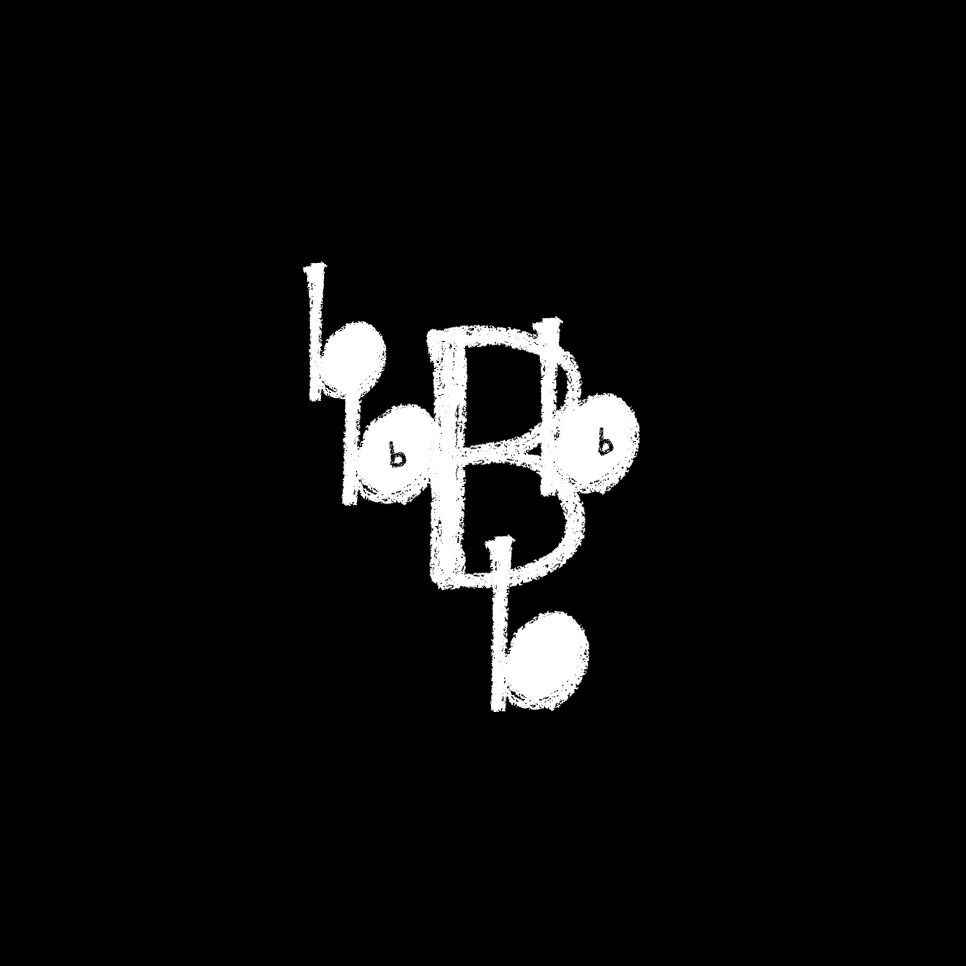
The Word was in the beginning but it is made of letters.Prompt #40—giovanni singleton

Write in NaturePrompt #39—Oogie Push
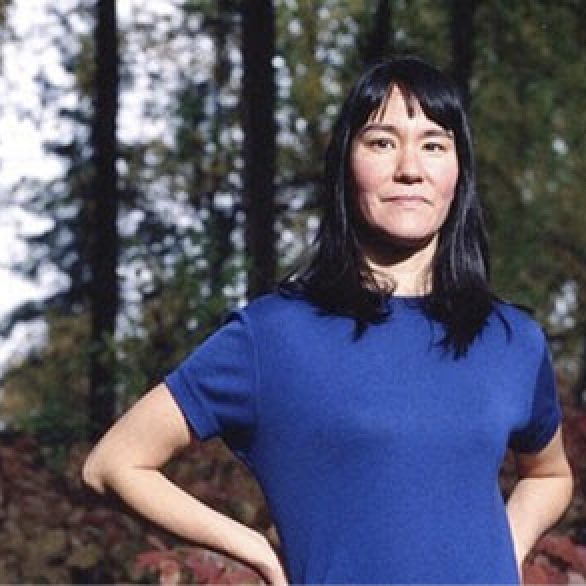
Real FoodPrompt #38—Joan Kane
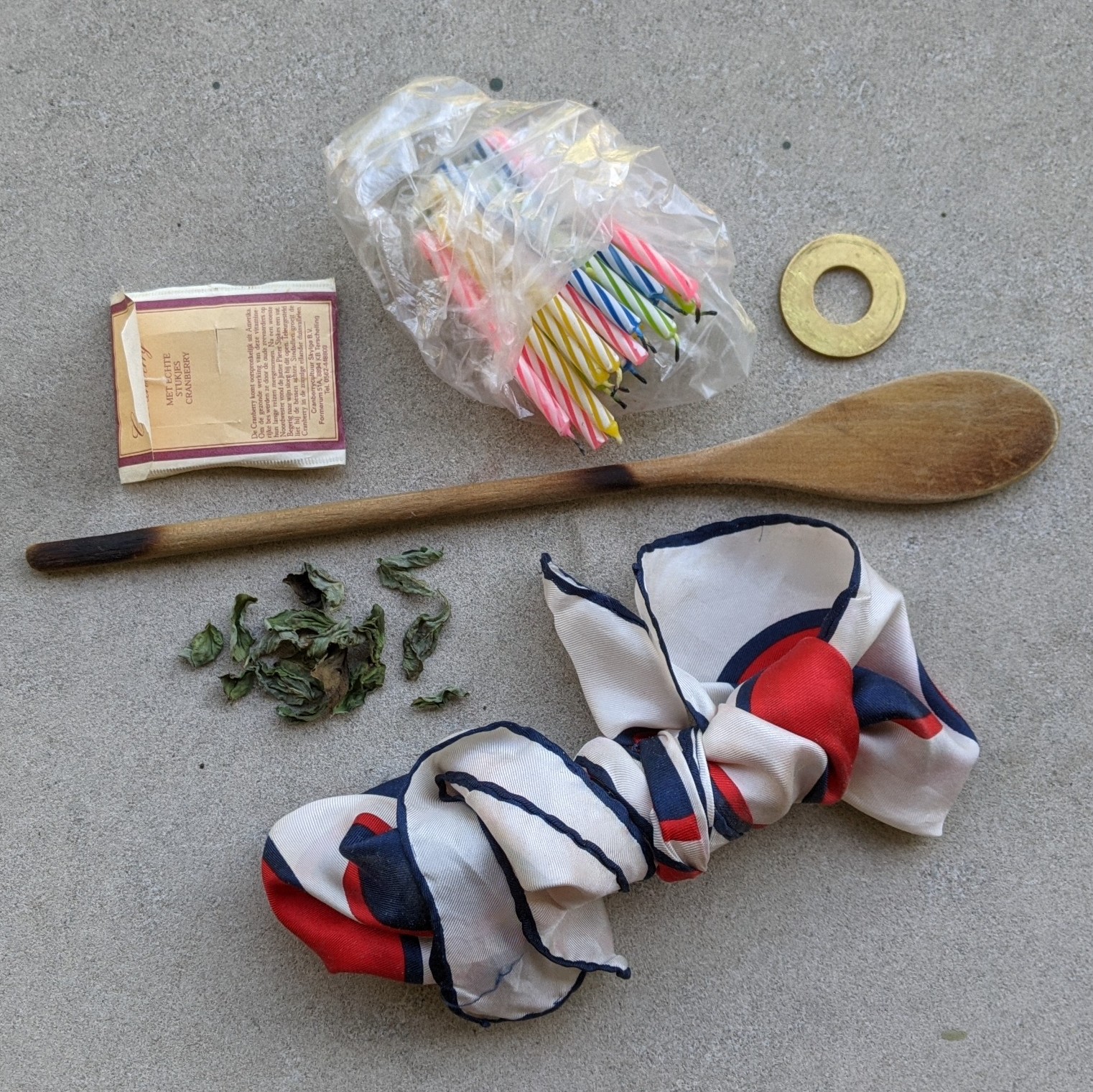
You Don't Need Proust to Smell GoodPrompt #37—Elizabeth Hoover
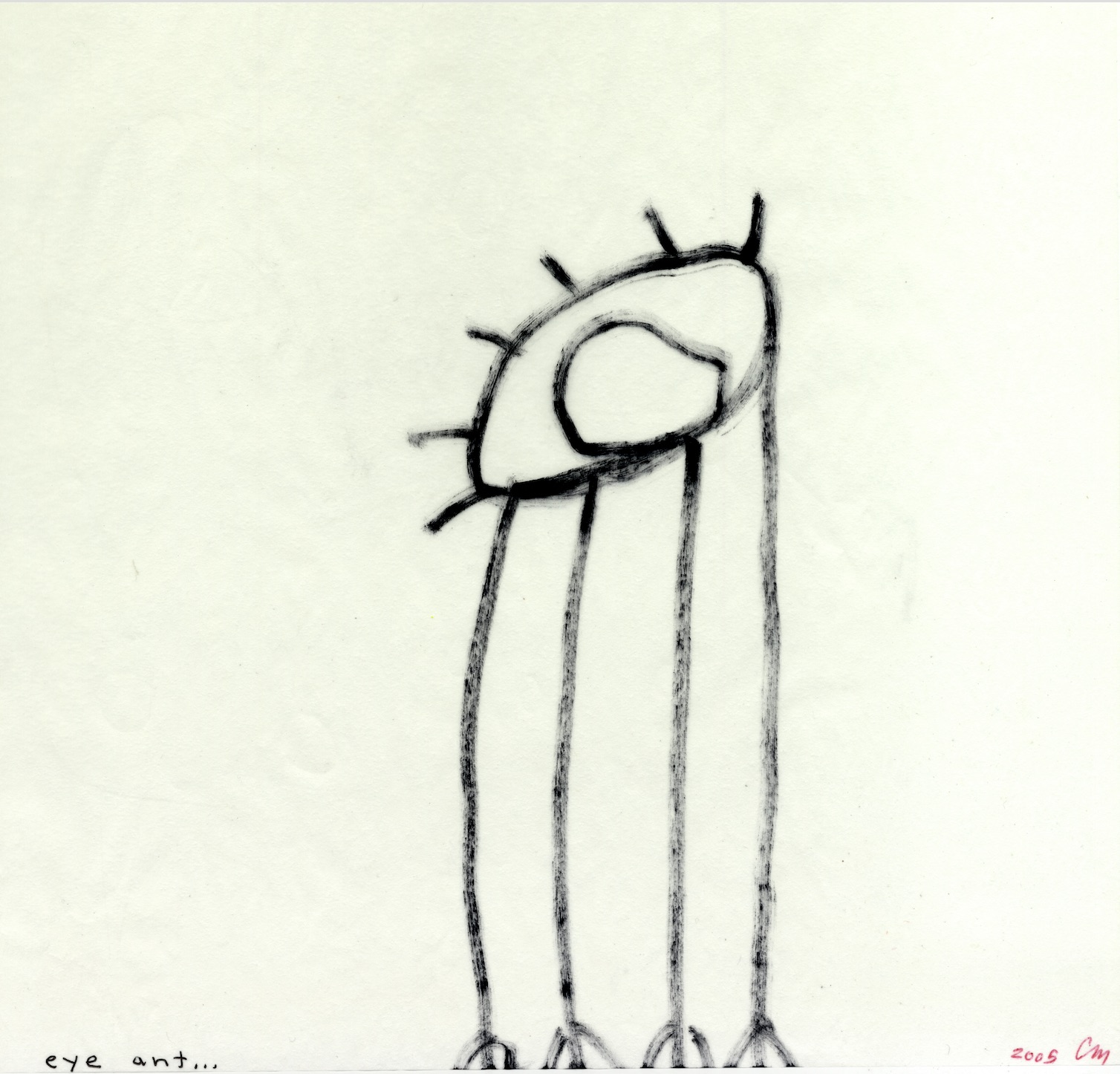
Find Your Own FormPrompt #36—Sawako Nakayasu

Tarot Recall: A Visionary Exercise for the PresentPrompt #35—Laurence Ross

Queers in Love at the End of the WorldPrompt #34—CJ Scruton
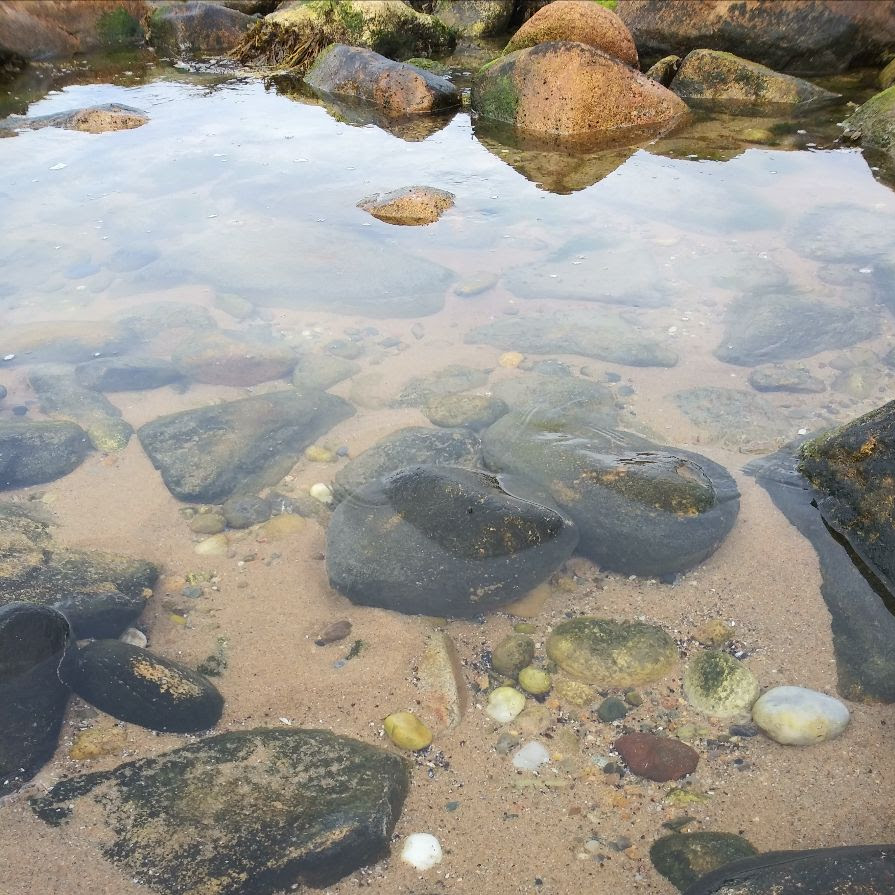
WORKBOOK FOR CHANGE: TWO PROMPTSPrompt #33—Kate Schapira
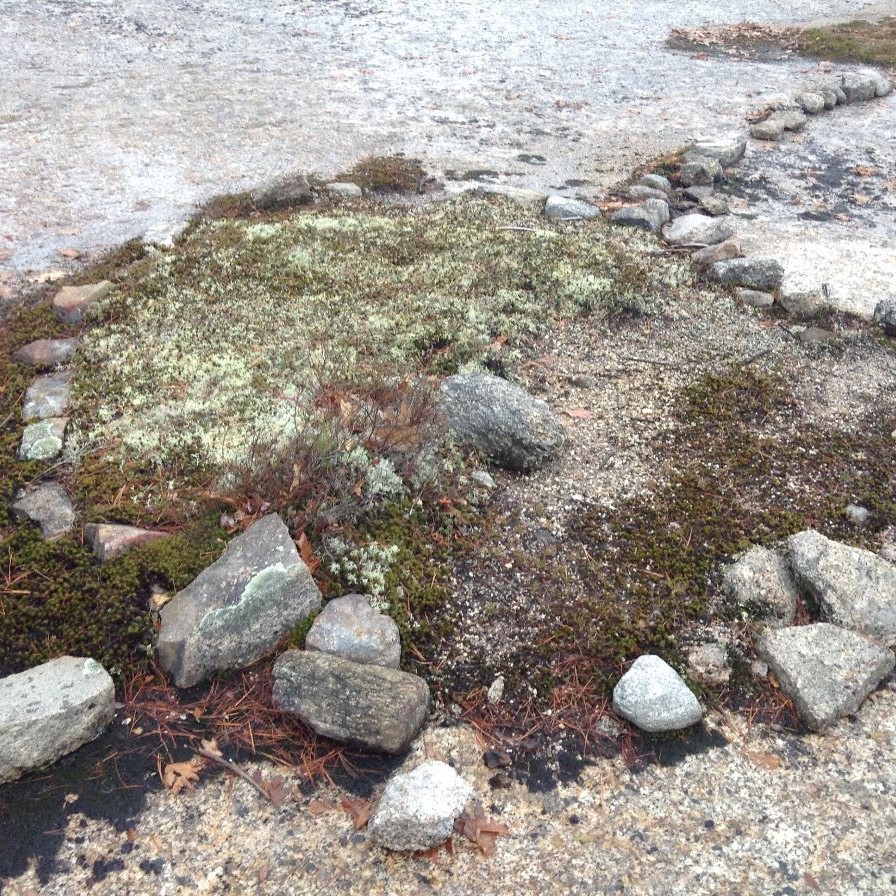
Preparation for the PromptPrompt #32—Lisa Fishman

Collage Your Own Writing PromptPrompt #31—Helen Hofling
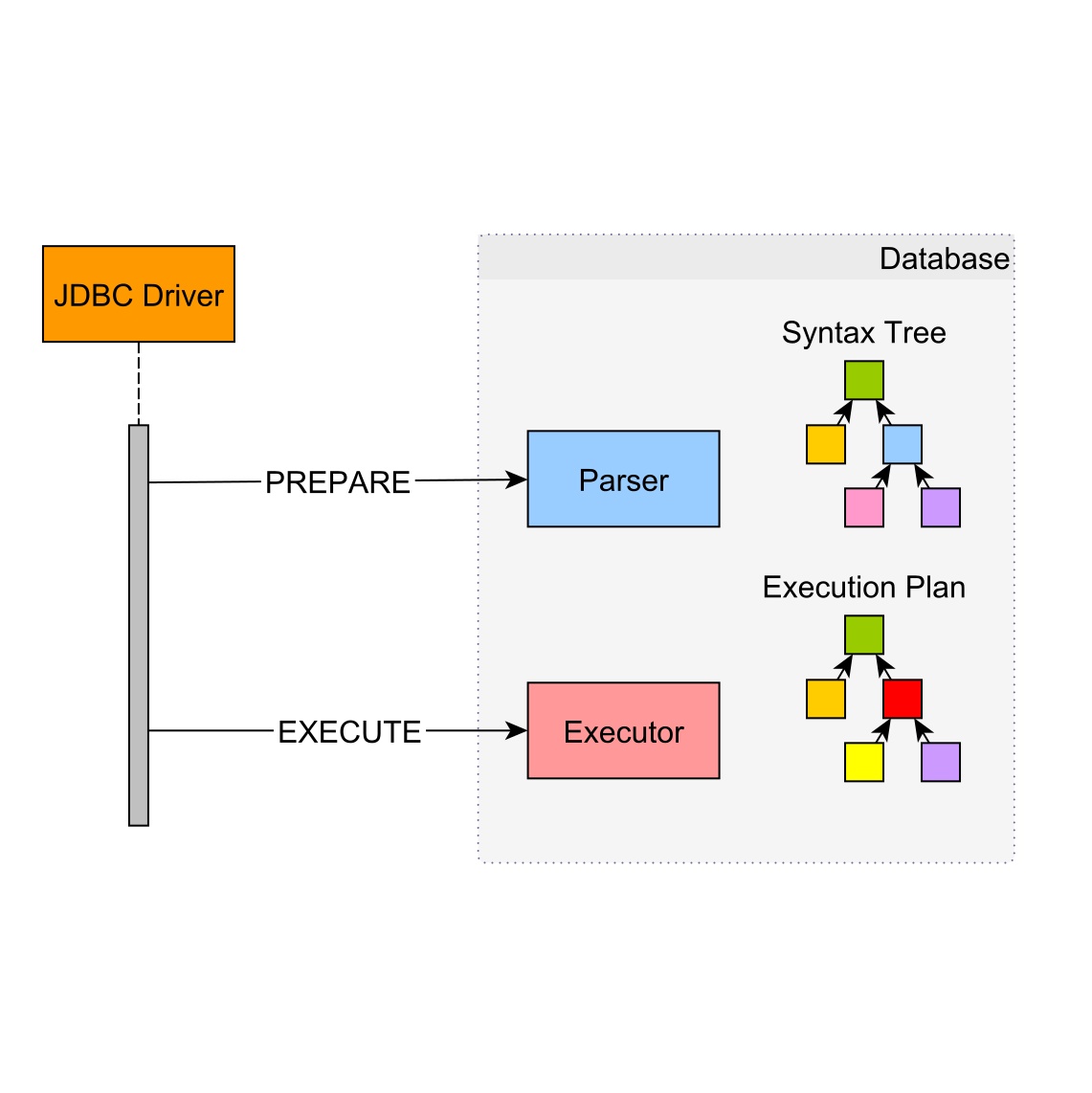
Prepared StatementPrompt #30—Mike Hauser

Repeat Repeat WritePrompt #29— Lewis Freedman
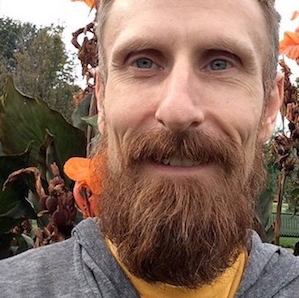
Poetic CorrespondencePrompt #28—Eric Baus

EKPHRASIS YOURSELFPrompt #27—Jennifer Nelson
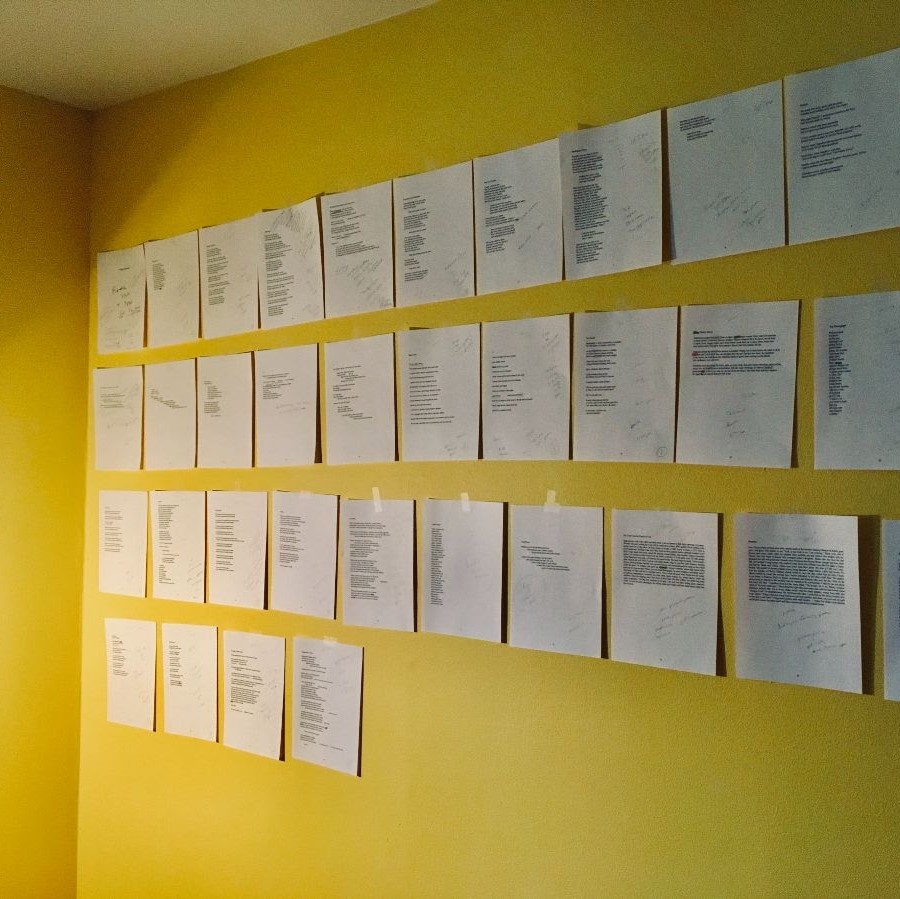
POETRY IS FOR THE PEOPLEPrompt #26—Angela Trudell Vasquez
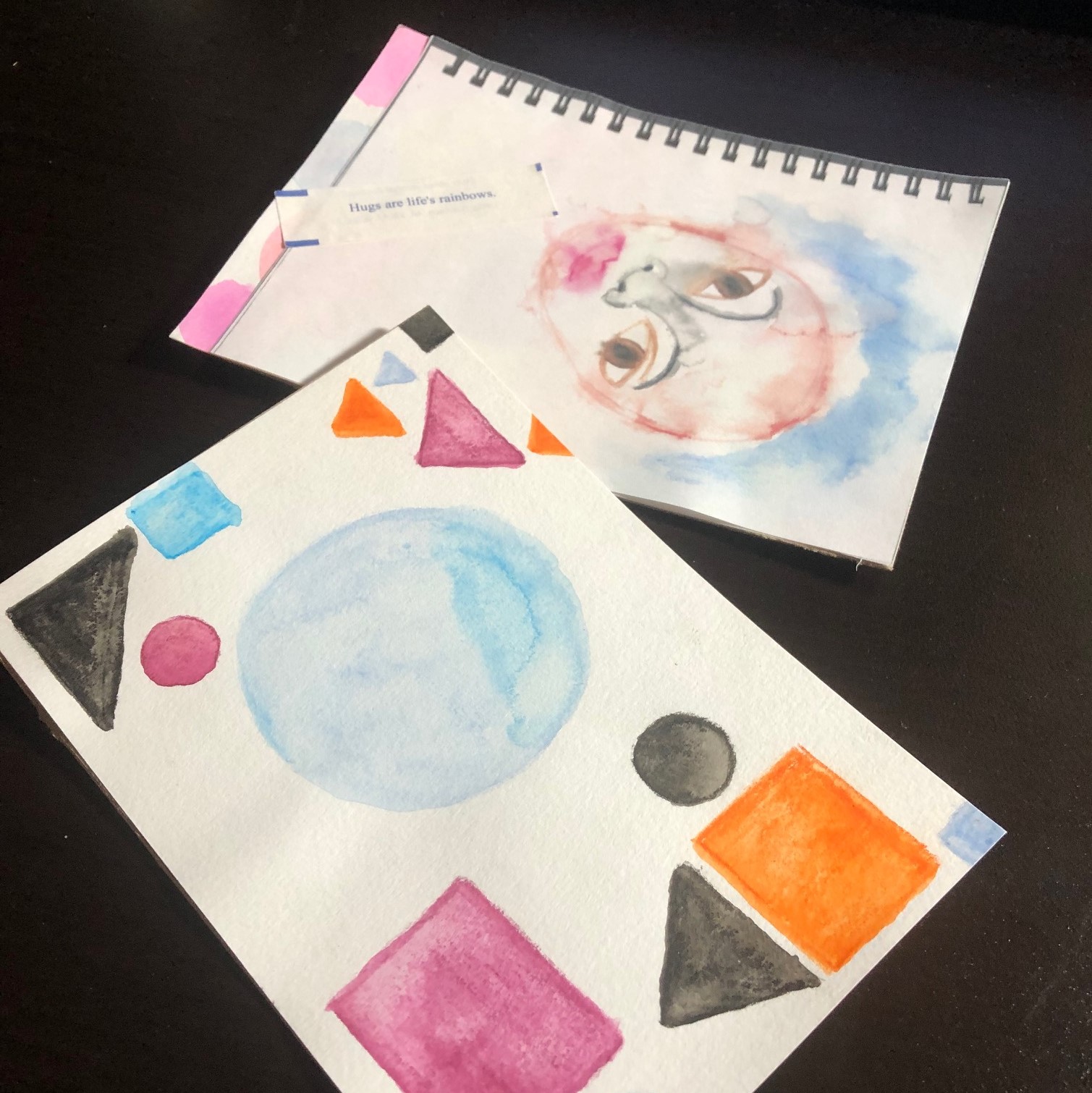
MAIL ARTPrompt #25—Siwar Masannat
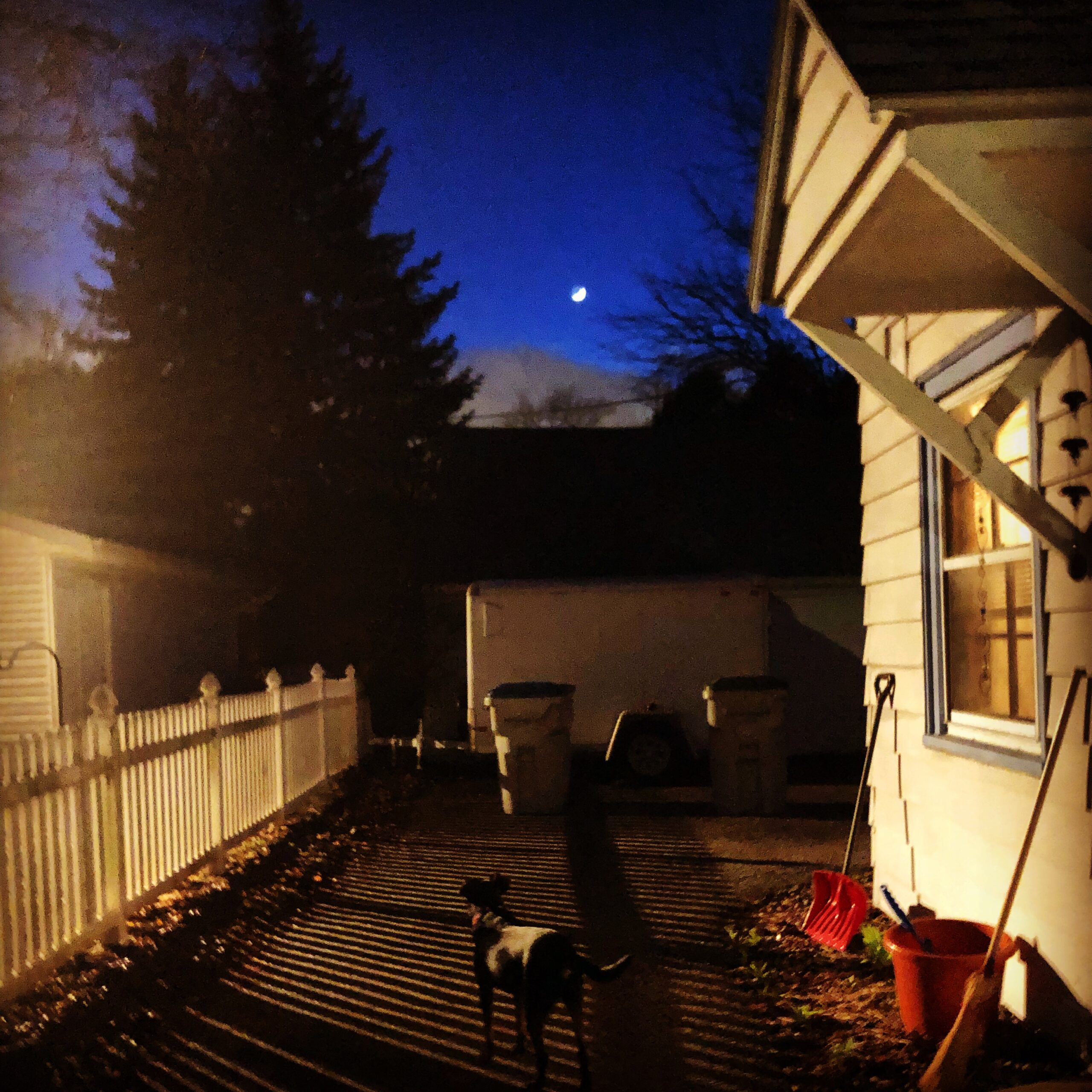
VISUAL POSTCARDSPrompt #24—Portia Cobb
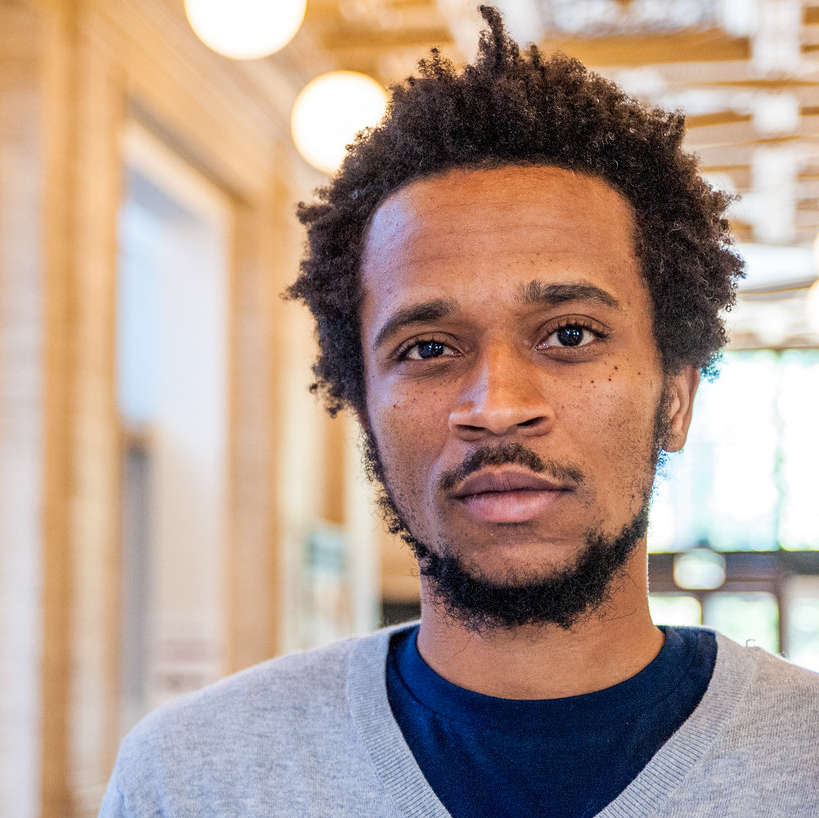
A [LONGER-TERM] DEEP LISTENING PROMPTPrompt #23—Jibade-Khalil Huffman

Humor as Medicine for the SoulPrompt #22—Mauricio Kilwein Guevara

Personification: A Social Justice PromptPrompt #21—Derrick Harriell

Ponge ExercisePrompt #20—Tyrone Williams

Occult DocupoesisPrompt #19—Kimberly Alidio
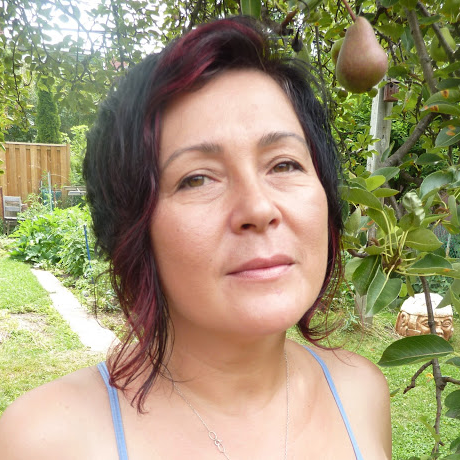
Junk Drawer SongPrompt #18—Hoa Nguyen

TALK TO THE POETSPrompt #17—Stacy Szymaszek
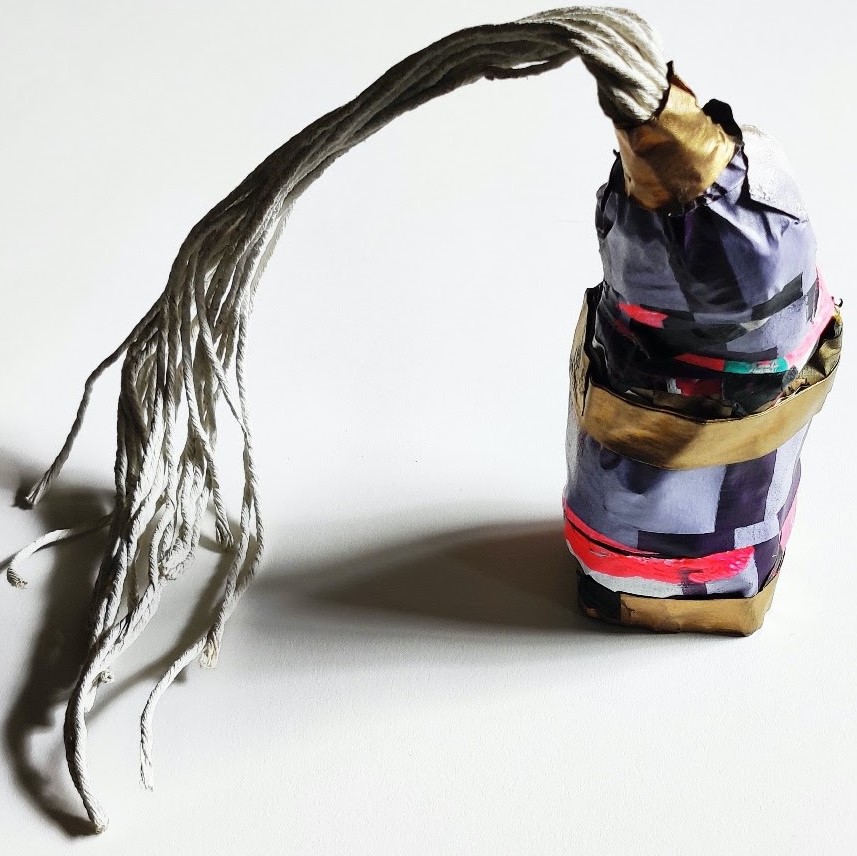
Make-Do Origin Stories & Concrete FuturesPrompt #16—Ching-In Chen

The Family PhotographPrompt #15—Rosa Alcalá

Writing Advice for Your Younger SelfPrompt #14—E.J. Koh
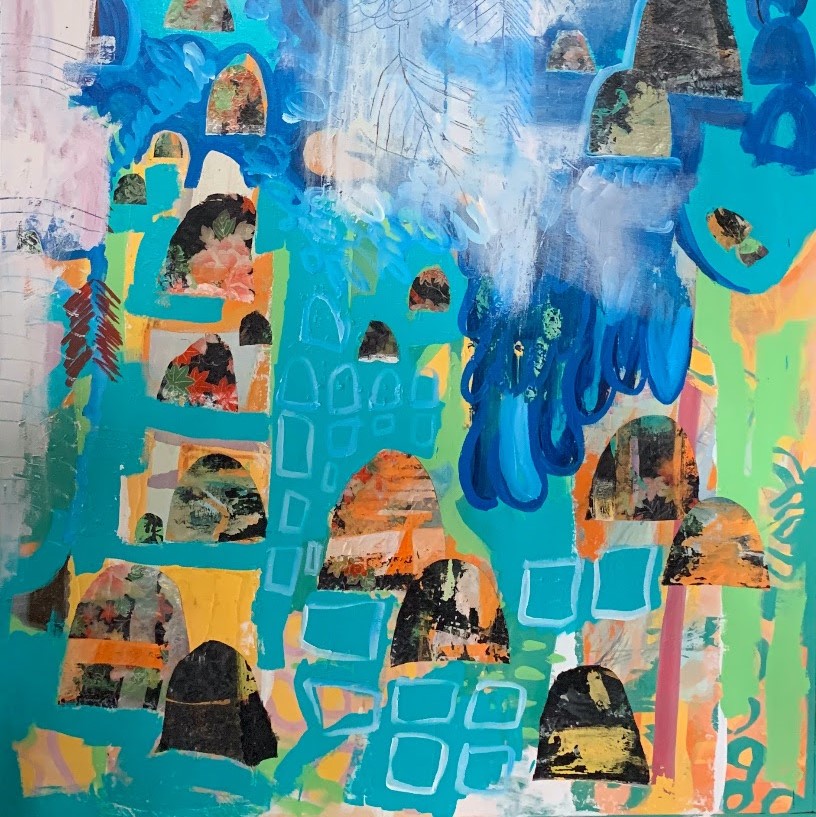
Note(s) to SelfPrompt #13—Stacy Blint
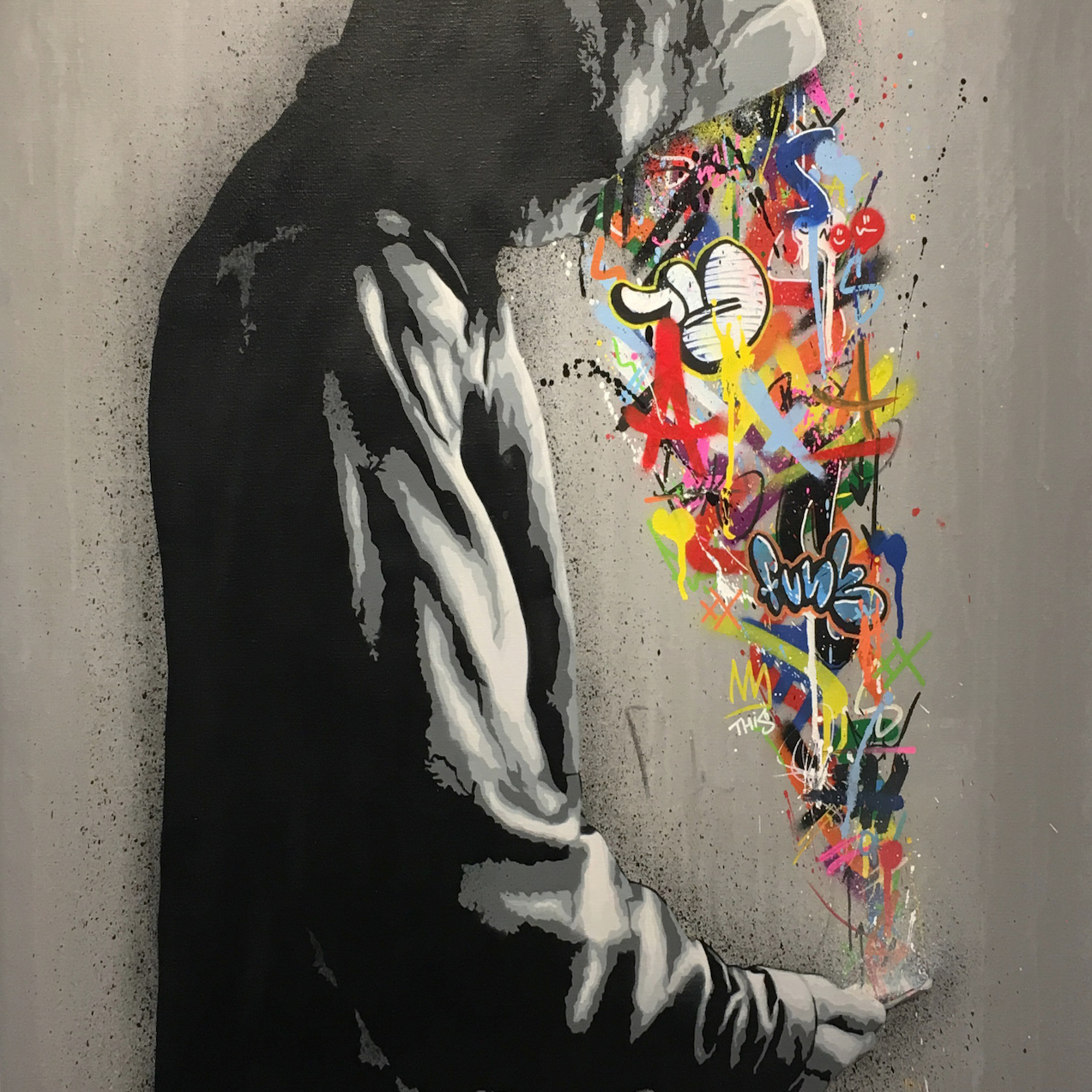
Embracing ConfusionPrompt #12—Bryon Cherry
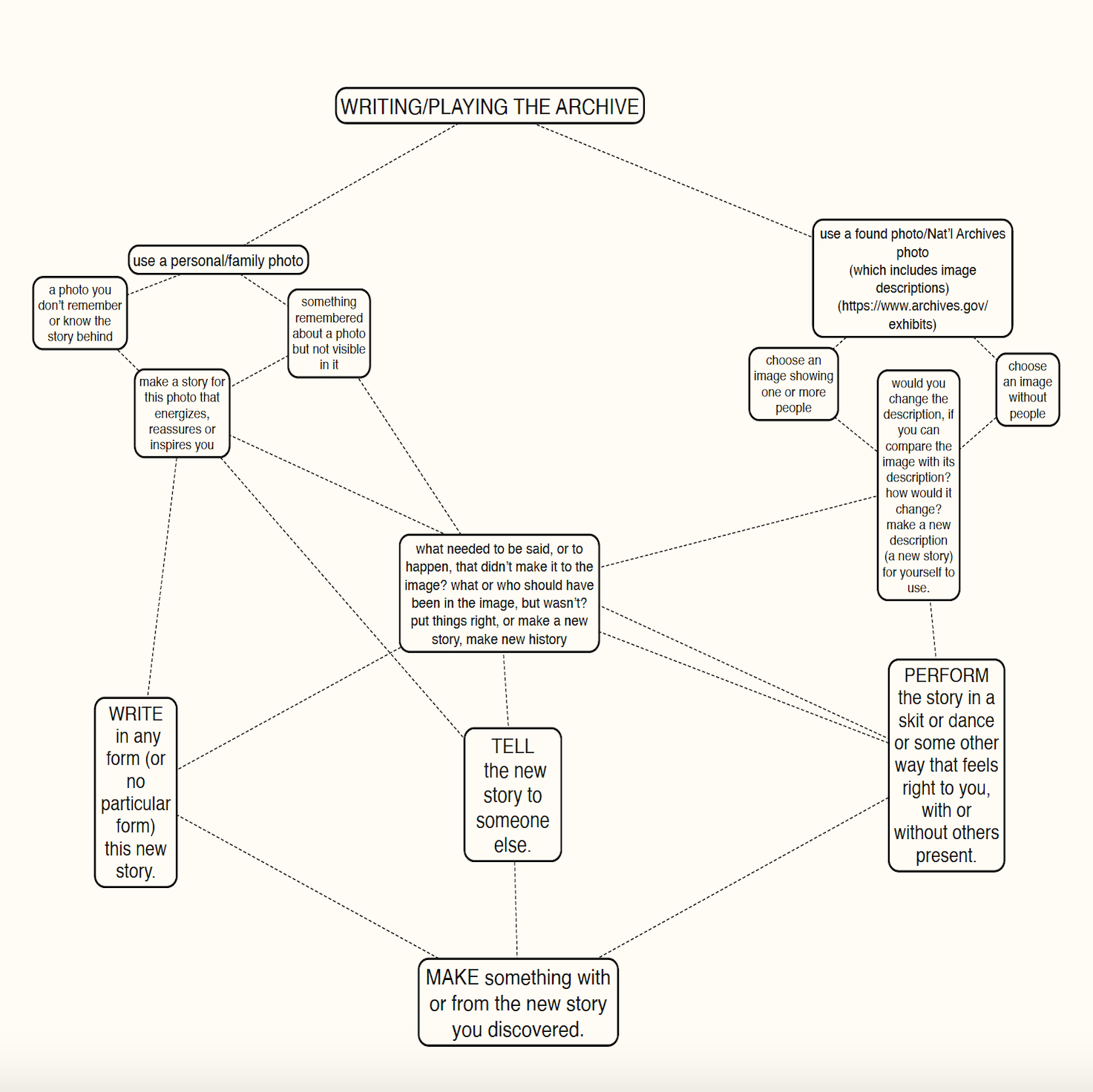
Writing/Playing the ArchivePrompt #11—Jay Besemer

CAPTURED & FREEDPrompt #10—Dasha Kelly Hamilton
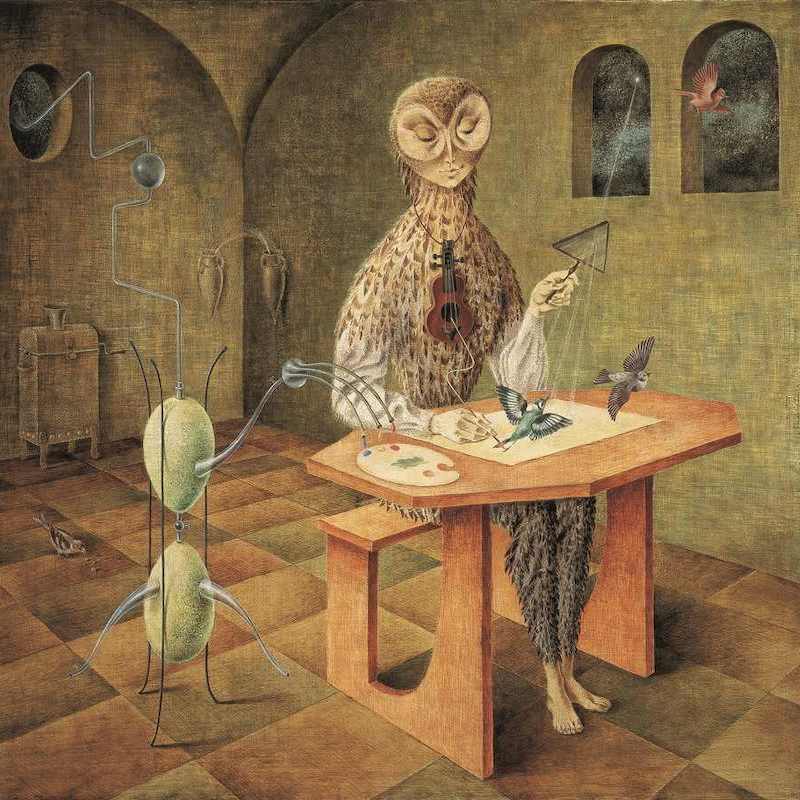
Poetic Exit StrategiesPrompt #9—Ana Božičević
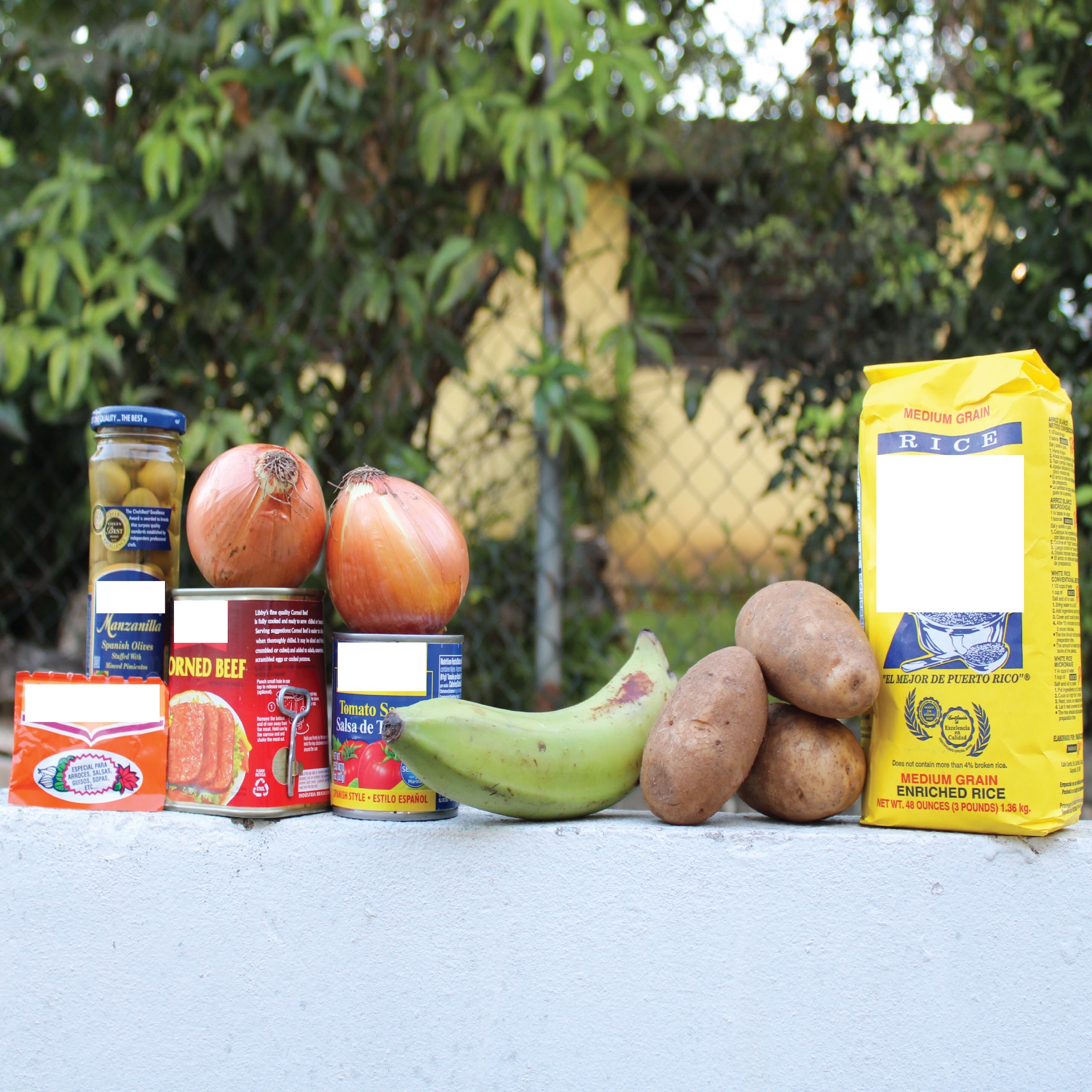
Proyecto ConbífPrompt #8—Erick "CK" Ledesma
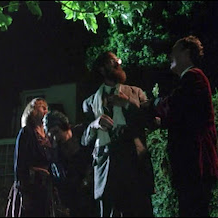
TRILOGYPrompt #6—CA Conrad

Utopian CompromisePrompt #7—Paul Druecke
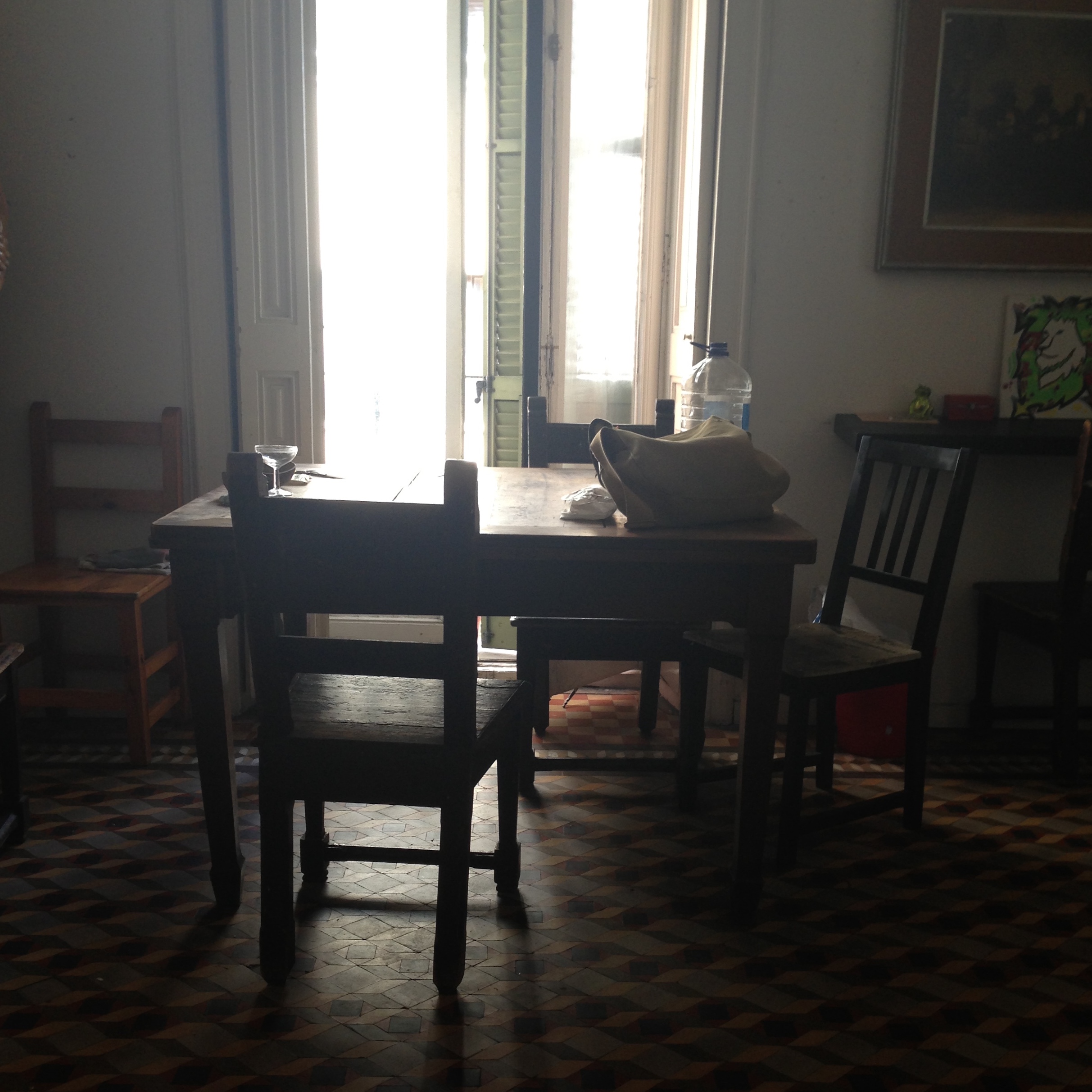
A Series of RoomsPrompt #5—Laura Solomon
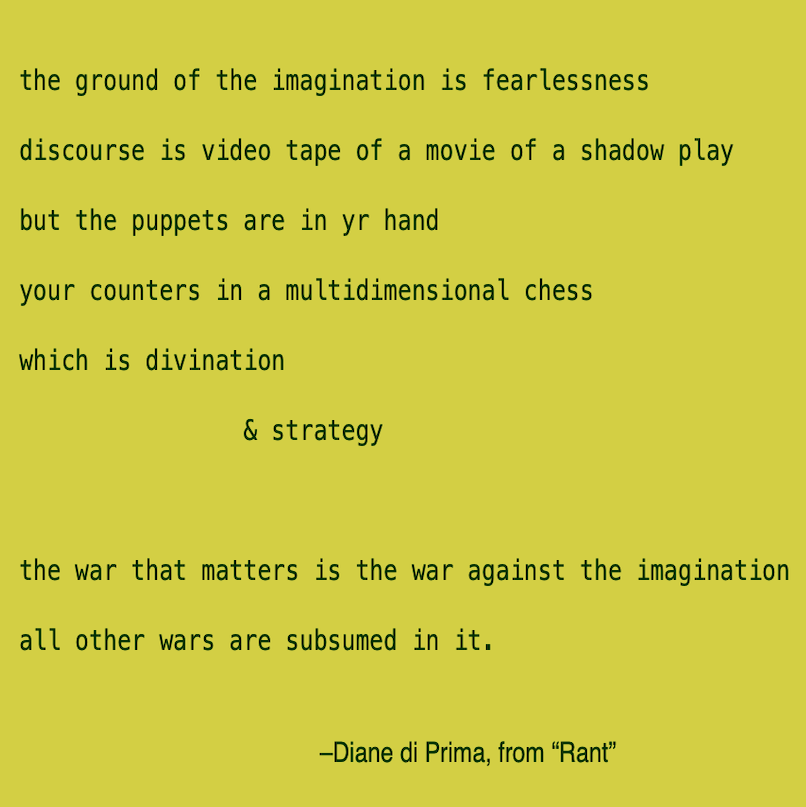
Two Variations on N+7Prompt #4—Jenny Gropp
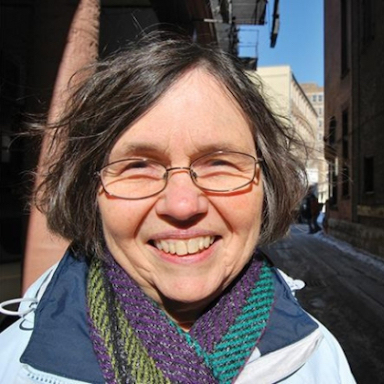
T H E A P A R T / TOGETHERPOEMPrompt #3—Margaret Rozga
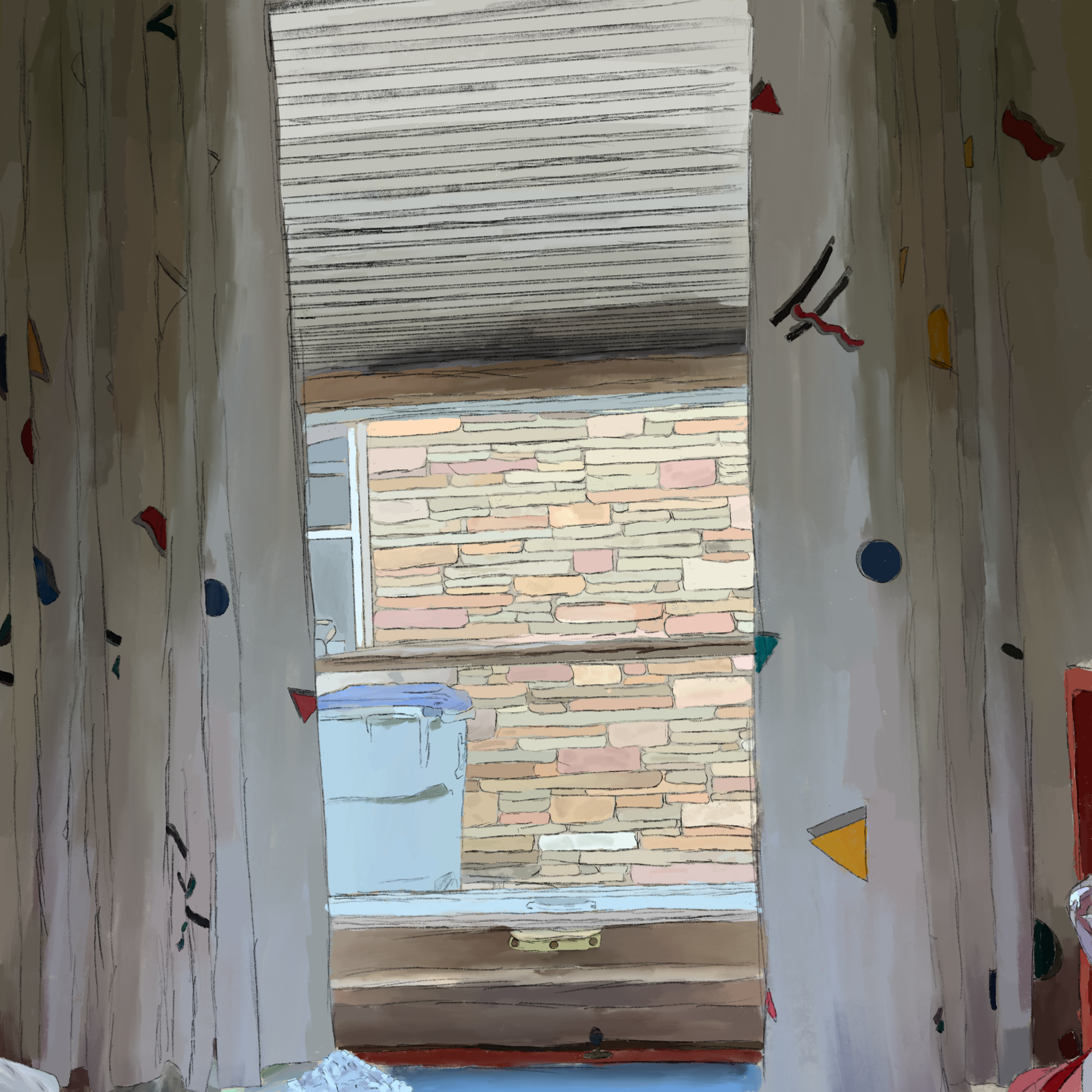
An Exercise in WindowsPrompt #2—Marla Sanvick
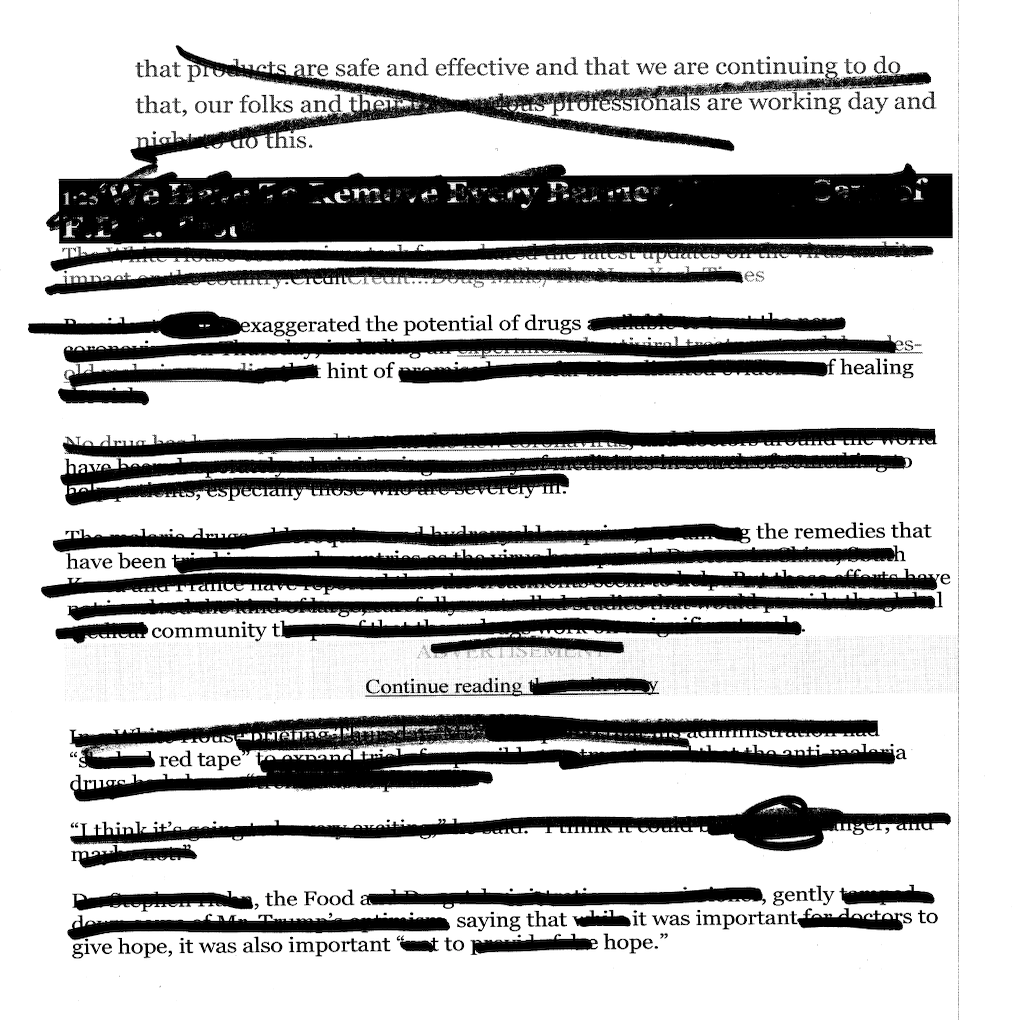
Erasuring AnxietyPrompt #1—Peter Burzynski
We acknowledge that in Milwaukee we live and work on traditional Potawatomi, Ho-Chunk, and Menominee homelands along the southwest shores of Michigami, part of North America’s largest system of freshwater lakes, where the Milwaukee, Menominee, and Kinnickinnic rivers meet and the people of Wisconsin’s sovereign Anishinaabe, Ho-Chunk, Menominee, Oneida, and Mohican nations remain present.
We further acknowledge the grave evil colonialism introduced to these lands through genocide as well as slavery, and also via racist and xenophobic beliefs, laws, and practices that continue to inflict harm upon Black, brown, and Indigenous lives. We honor those who have lived—and do live, now—at these intersections of identity and experience, and are committed to the active dismantling of white supremacy.
720 E. Locust Street
Milwaukee, WI 53212
Phone: 414 263 5001
Hours: Tues–Sun | 12-7 pm
Closed Mon
Building Accessibility: Despite the age of our physical location, and attendant limitations to access, Woodland Pattern is committed to making its programs and facilities available for as many as possible. Please call for more information.
Events Accessibility: Woodland Pattern is able to offer captioning services for its online events and with advanced notice can provide ASL interpretation for live events. Please contact us with accommodation requests and questions.
© Woodland Pattern 2025
